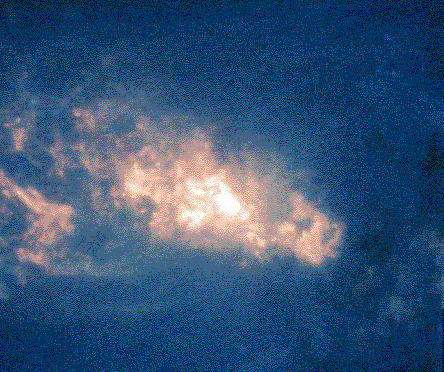
NGC 1068 (M77)



<In the center of the core M77

| Size(mins) | 7.0' *5.9' |
| Distance | 60Mlys |
| Type | (R) SAB (rs) ab Seyfert type 2 |
| Constellation | Cetus |
| Equatorial Coordinates |
RA
Dec
02 42 40.2 -00 00 48 |
| Magnitude | 9.6 |
| Description |
(1). P.Mechain , Messier's friend and rival, first observed M77 in October 1780. (2). M77 is the brightest and closest of the Seyfert galaxies. (3). M77 is very bright in the infrared, and the brightness of the core fluctuates over the period of a few days implying that the energy is being released from a region only a few light-days in extent. (4). It has a very small energy source in its that is pumping out more energy than several millions of supernovae. The most likely source for this enormous amount of energy is a "Massive Dark Objects" with a total mass of 100 million stars like the sun. (5).The core of NGC 1068is approximately 1/50the entire luminosity of our galaxy, the Milky Way. Other Active Galactic Nuclei (AGN) emits as much energy as twenty Milky Way galaxies put together (equal to the combined light of more than one trillion stars like our sun). (6). Most astronomers now consider Seyfert galaxies to be older versions of the much more energetic, distant, and young quasars. The central energy source is most likely a billion solar mass black hole which is consuming gas and whole clusters of stars. ¡@ |
¡@
¡@
¡@
¡@
¡@
¡@
¡@
¡@
¡@
¡@
¡@
¡@
¡@
¡@
¡@